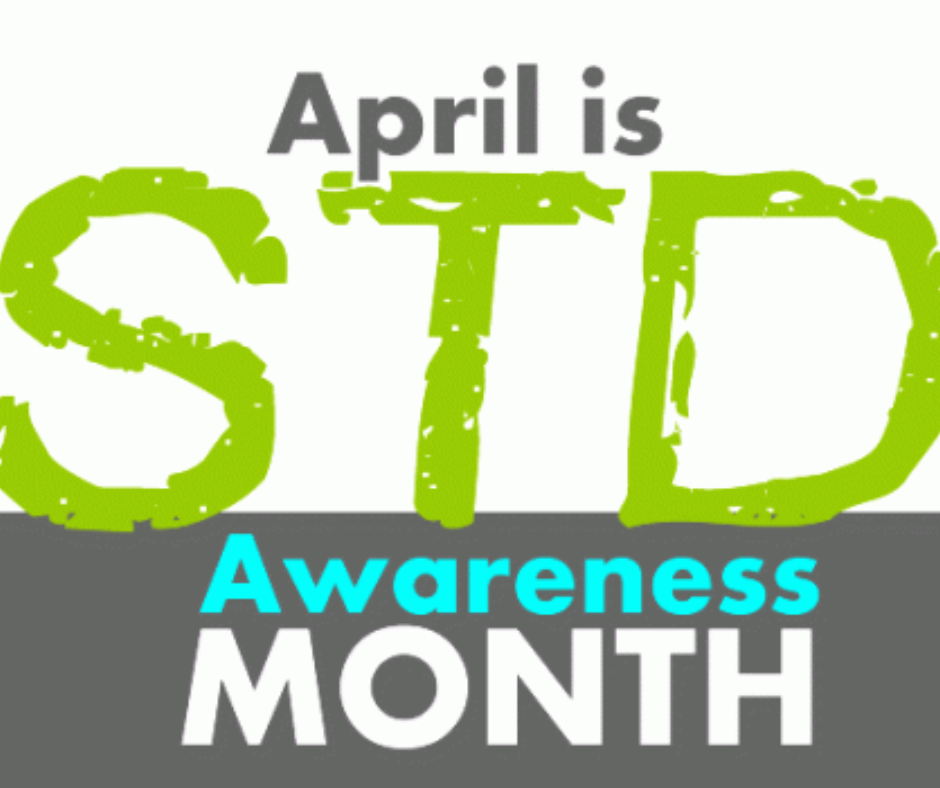How do you know if you have an STD
The signs and symptoms of Sexually transmitted diseases (STDs) can vary depending on the STD. Rashes, bumps, blisters, and even a sore throat or flu-like symptoms can be signs of an STD. Some STDs are treatable, and knowing the symptoms can help you get treatment sooner. Here are a few ways to tell if you have an STD.
What is an STD and Different Types of STDs
Sexually transmitted diseases (STDs), also known as sexually transmitted infections (STIs), are infections spread through sexual contact. STDs are most commonly transmitted via bodily fluids such as semen, vagina, discharge and saliva. The World Health Organization estimates that there are 1 million new curable STD transmissions every day.
Type of STDs
There are several types of STDs:
- Bacterial STDs: STDs caused by the transmission of a bacterial infection–include chlamydia, gonorrhea, and syphilis.
- Viral STDs: STDs caused by the transmission of viruses–include Human papillomavirus (HPV), Herpes simplex virus (HSV), Human immunodeficiency virus (HIV), Hepatitis B and C.
- Parasitic STDs: STDs caused by the transmission of parasites–include trichomoniasis, giardiasis, and public lice.
STD Signs and Symptoms
The symptoms of an STD depend on the type of STD. For some of the more common STDs, like syphilis, the symptoms are usually apparent–itching, burning during urination, and pelvic pain. However, some other STDs are asymptomatic, meaning they don’t have any apparent symptoms. For example, human papillomavirus (HPV), which can cause genital warts and cervical cancer, usually doesn’t have symptoms. That’s why you and your partner(s) should regularly receive STD testing, and you should always use adequate protection.
We’ll detail some of the signs and symptoms of common STDs.
Syphilis
Syphilis is an STD caused by a bacteria. It’s most commonly transmitted via unprotected sexual contact with a previously infected person, though pregnant women can pass the infection to their unborn baby (called congenital syphilis). The signs and symptoms of syphlis depend on the stage of the infection:
- Primary: A painless sore appears, usually on the genitals, rectum, or mouth, and can last 3-10 days.
- Secondary: If left untreated, the infection progresses to a rough, bumpy rash that can cover your entire body, along with other symptoms that mimic a cold or flu (fever, fatigue, achy muscles and headaches).
- Latent: At this stage, the infection generally has no symptoms
- Late: At the late, or tertiary, stage, syphilis can cause serious issues, such as brain damage, heart problems and skin lesions.
While syphilis is preventable and curable, if left untreated, it can cause neurological and cardiovascular problems and even permanent disability or death.
HPV
HPV is a group of viruses that can cause warts and cervical cancer. HPV is the most common STD in the US, and 80% of women will get at least one type of HPV at some point in their lifetime. HPV is mainly asymptomatic and usually goes away on its own. However, if it doesn’t, HPV can lead to certain cancers such as cervical, vaginal and penile as well as genital warts.
Genital warts are small, fleshy growths that develop around the genital area. Though not always, they’re often in small clusters and can itch or burn. Thanks to the HPV vaccine, cases of cervical cancer have gone down in the last decade.
Gonorrhea
Similar to syphilis, gonorrhea is an STD caused by a bacteria and spread through unprotected vaginal, anal or oral sex with a previously-infected partner(s). Sometimes called “the clap,” gonorrhea is often asymptomatic in women, aside from irrgeular vaginal discharge or painful urination.
In men, gonorrhea symptoms include pus-like discharge, painful urination and teSTDcular pain. If left untreated, gonorrhea can cause pelvic inflammatory disease (PID) and infertility in both men and women.
HIV
Human Immunodeficiency Virus (HIV) is a virus transmitted through unprotected sex. It attacks helper T cells, a key part of the immune system, making fighting infections and diseases harder.. Without treatment, HIV can progress to acquired immunodeficiency syndrome (AIDS).
Initially, HIV symptoms resemble the flu—fever, chills, rash, muscle aches, fatigue—but they typically subside within a few weeks. Afterward, many people experience no symptoms for years. Since chronic HIV can be asymptomatic, regular testing for you and your partners is essential, and there are many free or low-cost clinics available.
While there is no cure for HIV, with proper treatment, many people with HIV live long, healthy lives.
HSV
Herpes simplex virus (HSV) is an incurable virus that can cause oral or genital herpes. The symptoms depend on the type of HSV:
- HSV-1: Oral herpes is spread through contact with the oral fluids of an infected person. The symptoms are painful, pus-filled blisters or sores on or around the mouth or tongue, called ‘cold sores.’
- HSV-2: Genital herpes is spread through vaginal, anal or oral contact with an infected person. The symptoms are painful, pus-filled blisters or sores around the genital area, buttocks, or thighs. HSV-2 can also cause oral herpes.
Many HSV infections are asymptomatic, so people can unknowingly spread the disease.
Who is at Risk for an STD?
Anybody who is sexually active can get an STD. Some behaviors increase your risk:
- Having multiple sex partner
- Not using protection regularly
- Men who have sex with other men (MSM)
Regularly using protection like condoms and dental dams is the best way to prevent the transmission of an STD, but even with that, there is a chance of exposure.
STD Testing and Treatment
Getting tested is the only way to know if you have an STD. Regardless of perceived signs or symptoms, you cannot receive treatment until you have a confirmed diagnosis. All sexually active people, regardless of their relationship status, should regularly test for STDs. During your annual well-woman exam, you can request a full STD panel, or your provider can recommend the right screenings for you based on your background and lifestyle.
How to Get Tested for Sexual Diseases
STD testing is essential to your health and wellness. The specific test will vary depending on the disease. Below is a general overview of the teSTDng process:
- Your provider will ask about your sexual health and behavior–if you’ve ever had an STD before, number of sexual partners, if you’re having any symptoms, etc.
- A physical exam can uncover symptoms like rashes, sores, or bumps.
- Your provider will collect a urine or blood sample, depending on the STD. Otherwise, they’ll collect genital or mouth swabs. For HPV, you’ll need a pap test, which collects a sample of cervical cells.
- Your provider sends the sample for analysis; the results usually take three to five days.
Your provider will discuss the results and best course of action–treatment, re-testing, or monitoring.
STD Treatment
Some STDs are treatable; these are:
- STDs caused by bacteria, i.e., chlamydia, gonorrhea, and syphilis, are treatable with antibiotics.
- Trichomoniasis is also usually curable with a round of antibiotics
- Crabs (pubic lice) and scabies can be treated with special over-the-counter and prescription shampoos, creams, and oral medication.
STD Prevention and Education
When it comes to STDs, the best defense is a good offense. Lower your risk of contracting an STD by:
- Know the basics about STDs–what they can look like, the symptoms, and how they are transmitted.
- Consistently use condoms and dental dams, even if you are using hormonal contraception, because birth control pills, IUDs, the implant, and the shot do not protect against STDs.
- Requiring your partner(s) to use protection and provide up-to-date STD test results before engaging in sexual intercourse
A Non-Judgmental STD Doctor in Phoenix
STDs can be a nerve-wracking topic. Many people may feel ashamed to openly discuss STDs with their healthcare providers out of fear of judgment. At Genesis, we operate an open, empathetic, and inclusive practice, where your health and wellness are our only concerns. We offer comprehensive STD/STD testing in most of our Tucson, Phoenix, and Sierra Vista locations.
If you think you have an STD or want to get screened before having sex with a new partner, request an appointment today.


